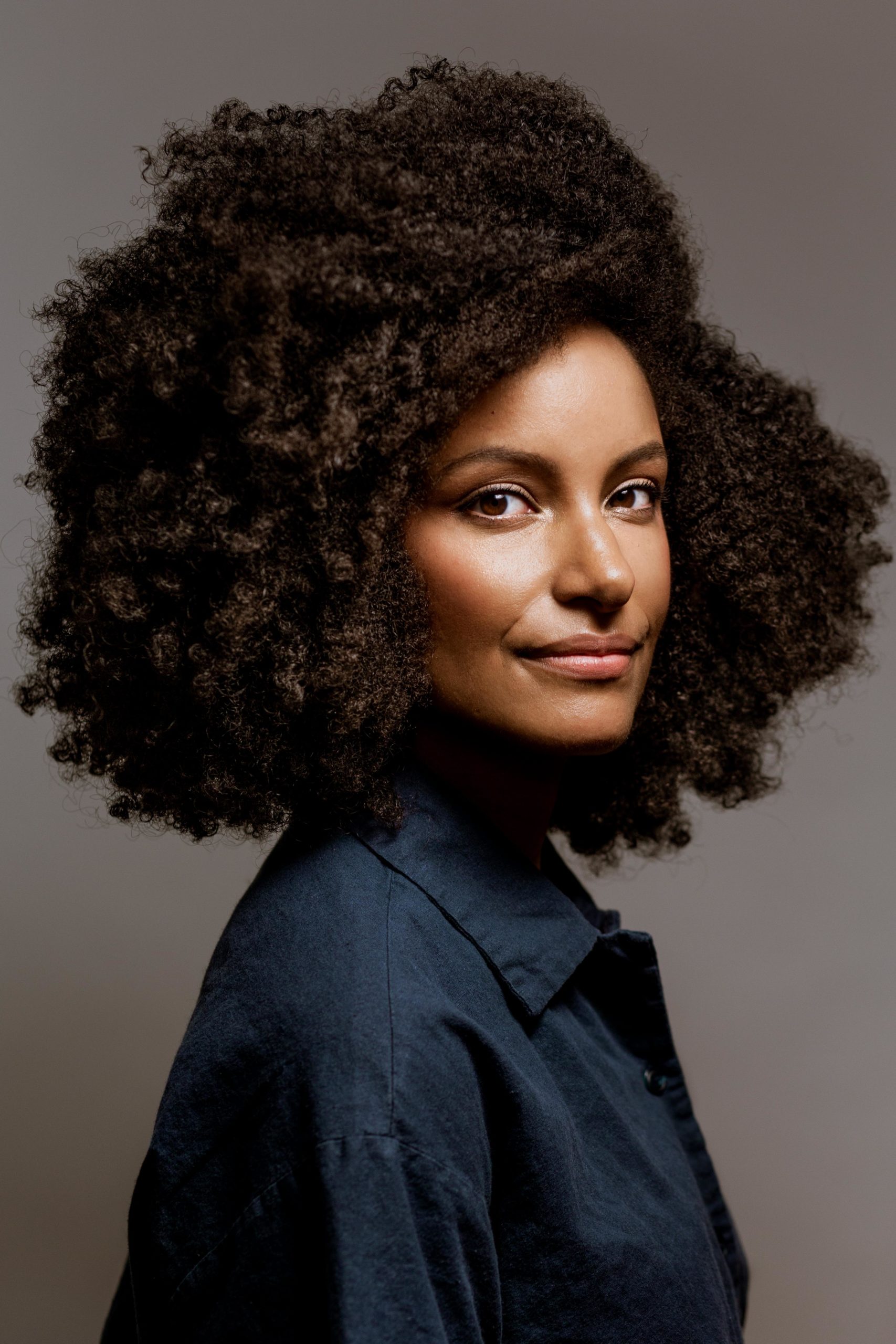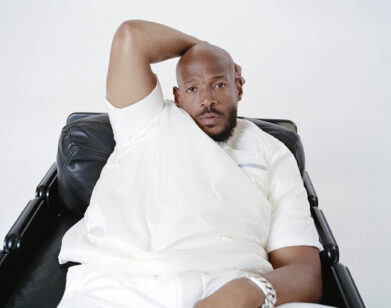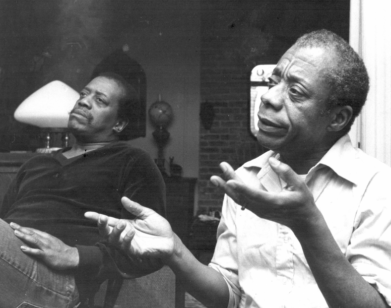rough draft
Kiley Reid Is Reading About Swimming Pools and Socialism

Photo by David Goddard.
This is Rough Draft, in which our favorite writers get to the bottom of their own craft. From preferred writing drinks to whether or not you really need to carry a notebook, we find out all the ways they beat writer’s block and do the work. Before curling up with Such a Fun Age, the new book by Kiley Reid, discover all the elements that helped her get it done.
———
JULIANA UKIOMOGBE: Describe your ideal writing atmosphere. What gets you in the mood?
KILEY REID: I like writing in the morning and on weekdays. It helps to do a little exercise or a walk beforehand. I used to like working at libraries or coffee shops, and after a year of writing at home, I’m looking forward to being back in those environments, hopefully soon.
UKIOMOGBE: Do you eat or drink while you write? If so, what do you like to have?
REID: No eating. Just writing.
UKIOMOGBE: Do you ever smoke or drink while you write? How do you think they impact your writing?
REID: When I first got my license, our insurance company sent these stickers to put inside of our car to encourage safe driving. They said, “Just Drive,” as in, don’t text, don’t eat, just drive. My writing is best when I apply this “Just Drive” mentality.
UKIOMOGBE: Do you keep a notebook or journal?
REID: I keep several notebooks where I write notes about characters, scenes, plotlines, words I overhear, or things I want to read or research. This year, I purchased a bendable pocket-sized notebook, which was great for taking on walks.
UKIOMOGBE: What’s your favorite quote?
REID: This Audre Lorde quote stands out to me today: “For the master’s tools will never dismantle the master’s house. They may allow us temporarily to beat him at his own game, but they will never enable us to bring about genuine change.”
UKIOMOGBE: Whose writing do you always return to?
REID: James Baldwin, Joy Williams, and Annie Baker.
UKIOMOGBE: What books did you read as a kid? Have your thoughts about the writers changed?
REID: I read nearly all of the Goosebumps series as they came out. I thought I wanted to be a veterinarian, so I read James Herriot’s books. I know nothing about R.L Stein or James Wright, and I hope to keep it that way.
UKIOMOGBE: Do you read while you’re in the process of writing? Which writers inform your current work the most?
REID: I’m always reading while I’m writing—some books because I’m interested in them and some that I’ve sought out because I’m exploring similar themes. Two books that I recently sought out are Contested Waters: A Social History of Swimming Pools in America by Jeff Wiltse and Black Liberation and Socialism by Ahmed Shawki.
UKIOMOGBE: How many drafts of one piece do you typically write?
REID: Many. Each chapter goes through several drafts until it starts to take shape. Then, when it’s time to edit the novel, I go through dozens of drafts. Some with macro edits and some with tiny changes.
UKIOMOGBE: What would the title of your memoir be?
REID: Reid It and Weep.
UKIOMOGBE: Who’s your favorite screenwriter? Can a movie ever be as good as the book?
REID: I just watched Saint Maud by Rose Glass, which I loved. Jordan Peele’s movies are incredibly fun. A movie can be as good as the book, if a skilled writer is behind it and a viewer goes in with appropriate expectations.
UKIOMOGBE: Do you consider writing to be a spiritual practice?
REID: Perhaps it is for some. For me, it is not. I enjoy more of a clinical approach, almost as if the writing is a math problem where a right answer exists, if you sit with it long enough.
UKIOMOGBE: Which writers would you choose to have dinner with, living or dead?
REID: James Baldwin, Karl Marx, and Cat Marnell. Preferably at the same time.
UKIOMOGBE: What advice do you have for people who want to be better writers?
REID: Your first thought is not always your best thought.
Listen. Not just in service of writing, but in life. If you find yourself saying, “Sorry, I feel like I’m talking a lot,” you probably are. Try asking questions.
Write things down. You won’t remember it unless you write it down. Even if you can’t articulate why something intrigues you, write it down and figure it out later.
UKIOMOGBE: What are some unconventional techniques you stand by?
REID: I wouldn’t say it’s a technique, but I’m opposed to the conventional wisdom that you should treat writing like a job. Most people don’t have the time and money to treat writing as a second or third job. I’ve been told that when I write, I should put work clothes on, sit at my desk, adopt the trappings of “professionalism.” But I’ve learned that my writing truly doesn’t care where I am or what I look like. Writing requires discipline, but the discipline of a craftsperson, not a professional.






